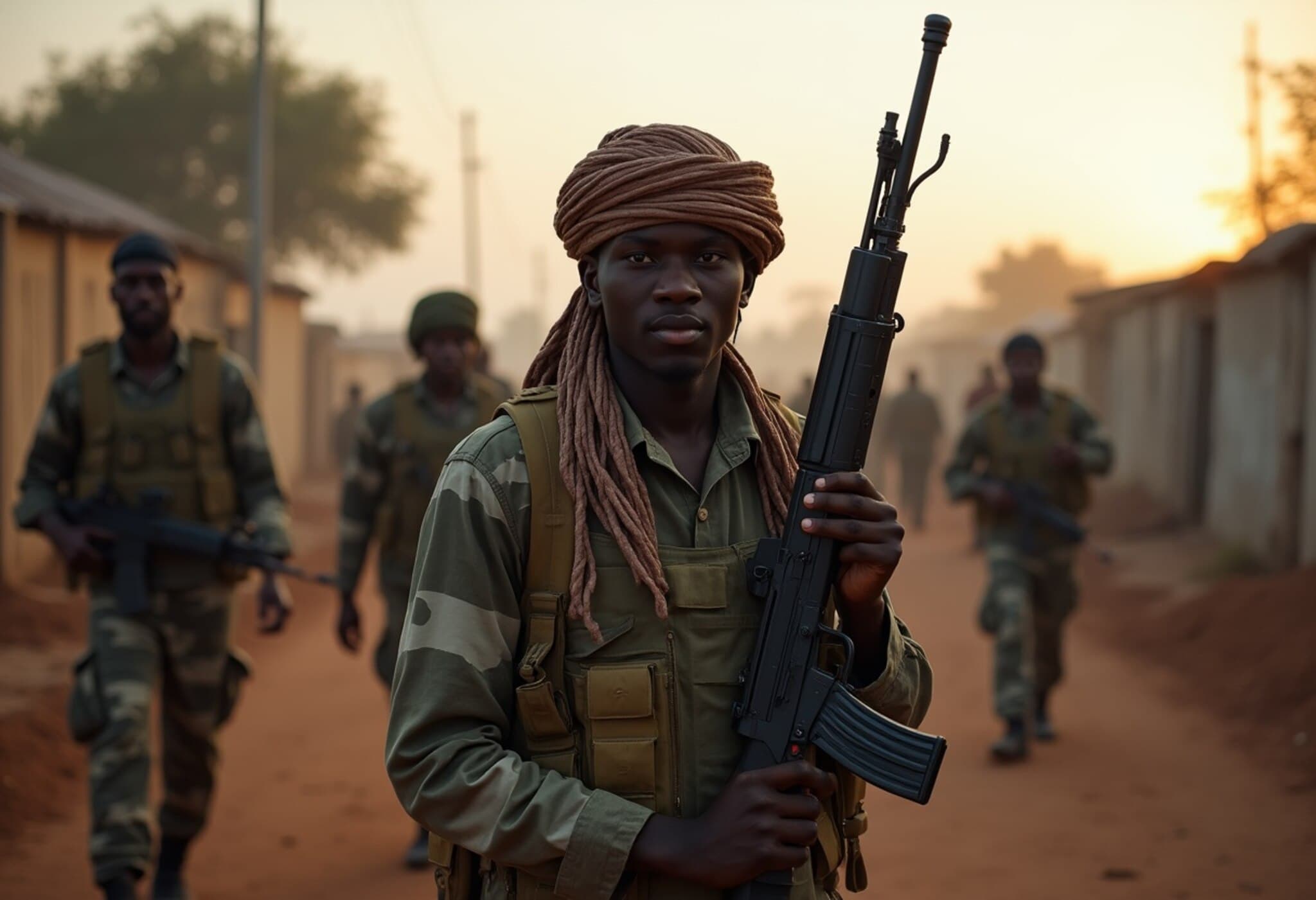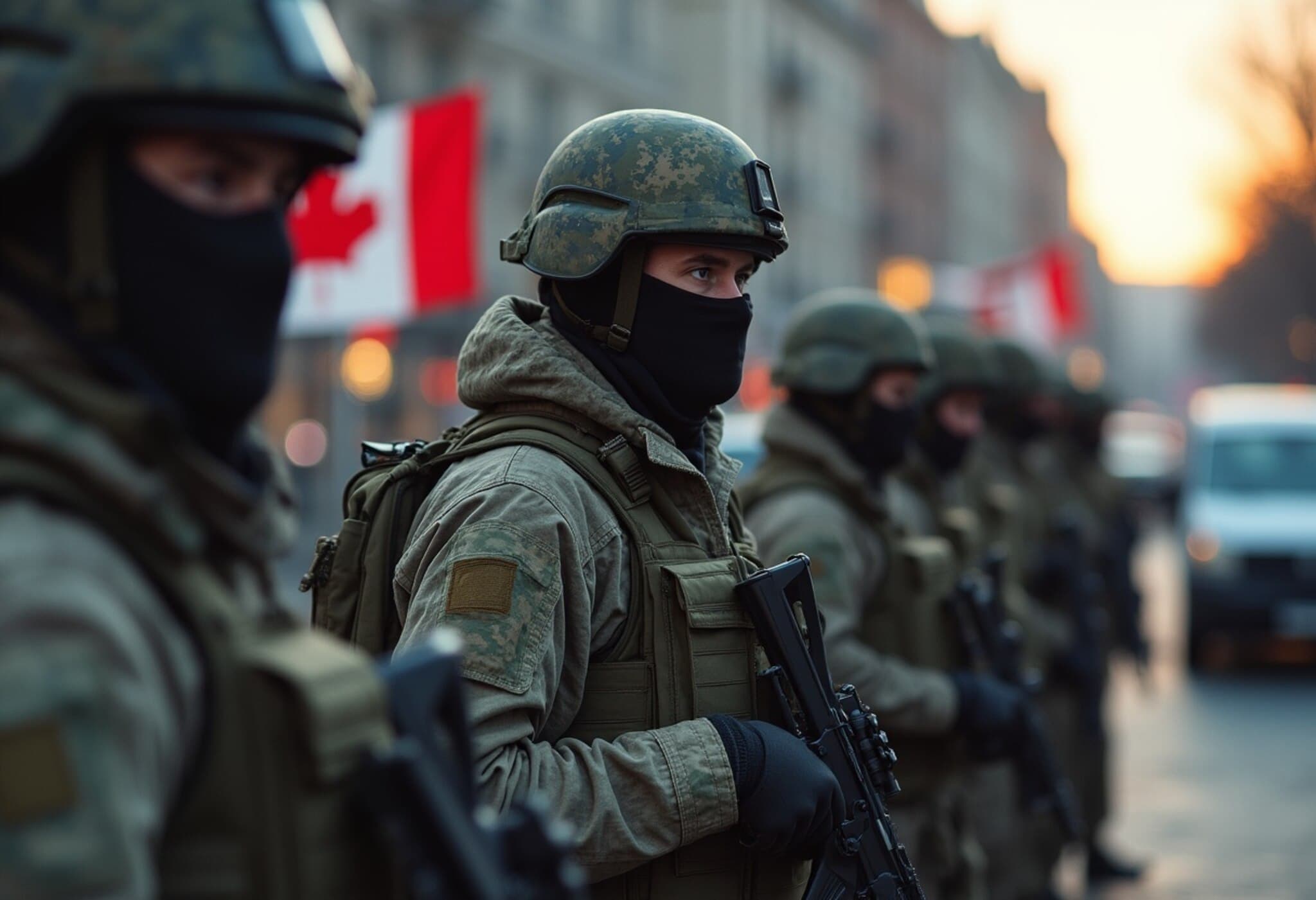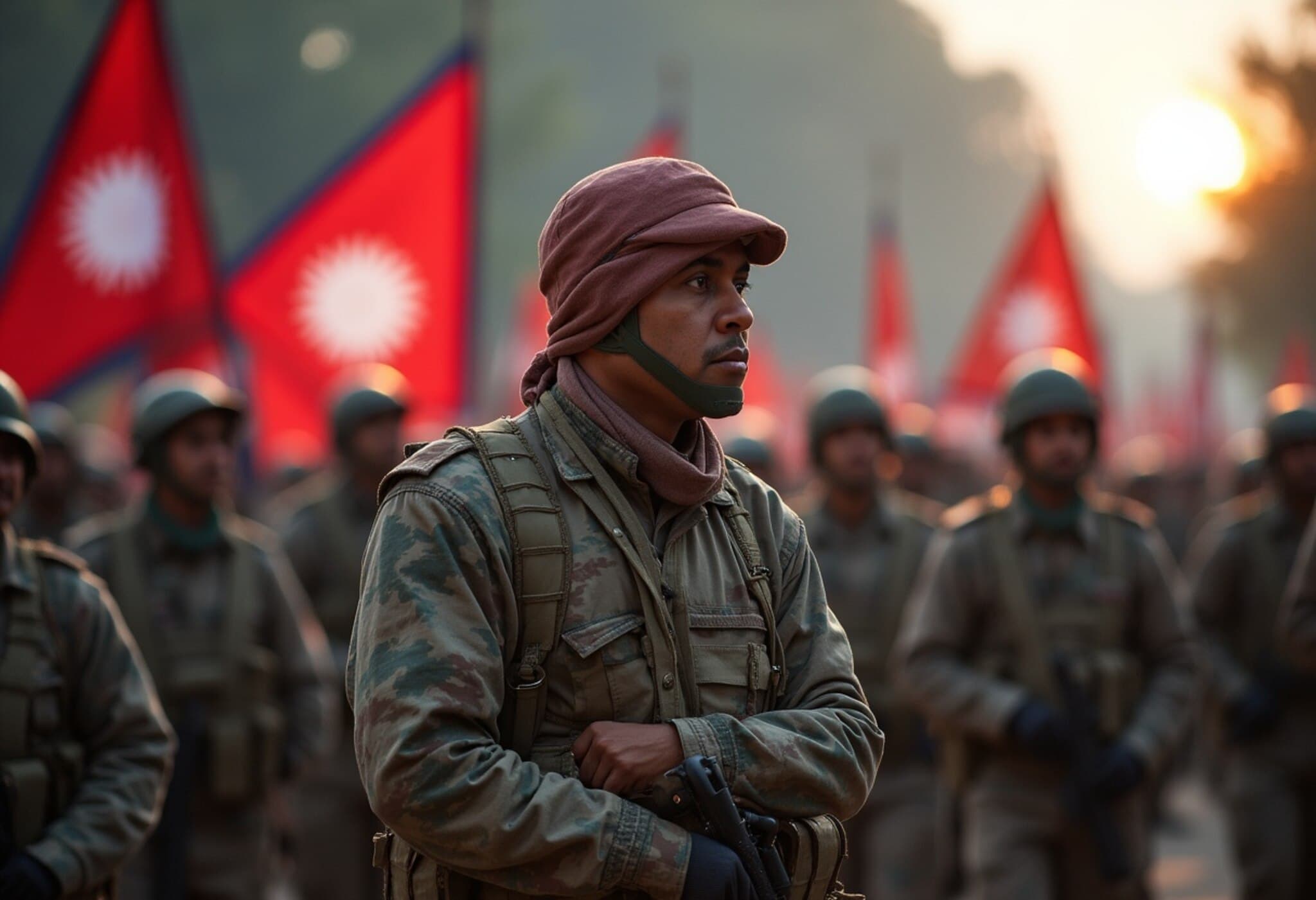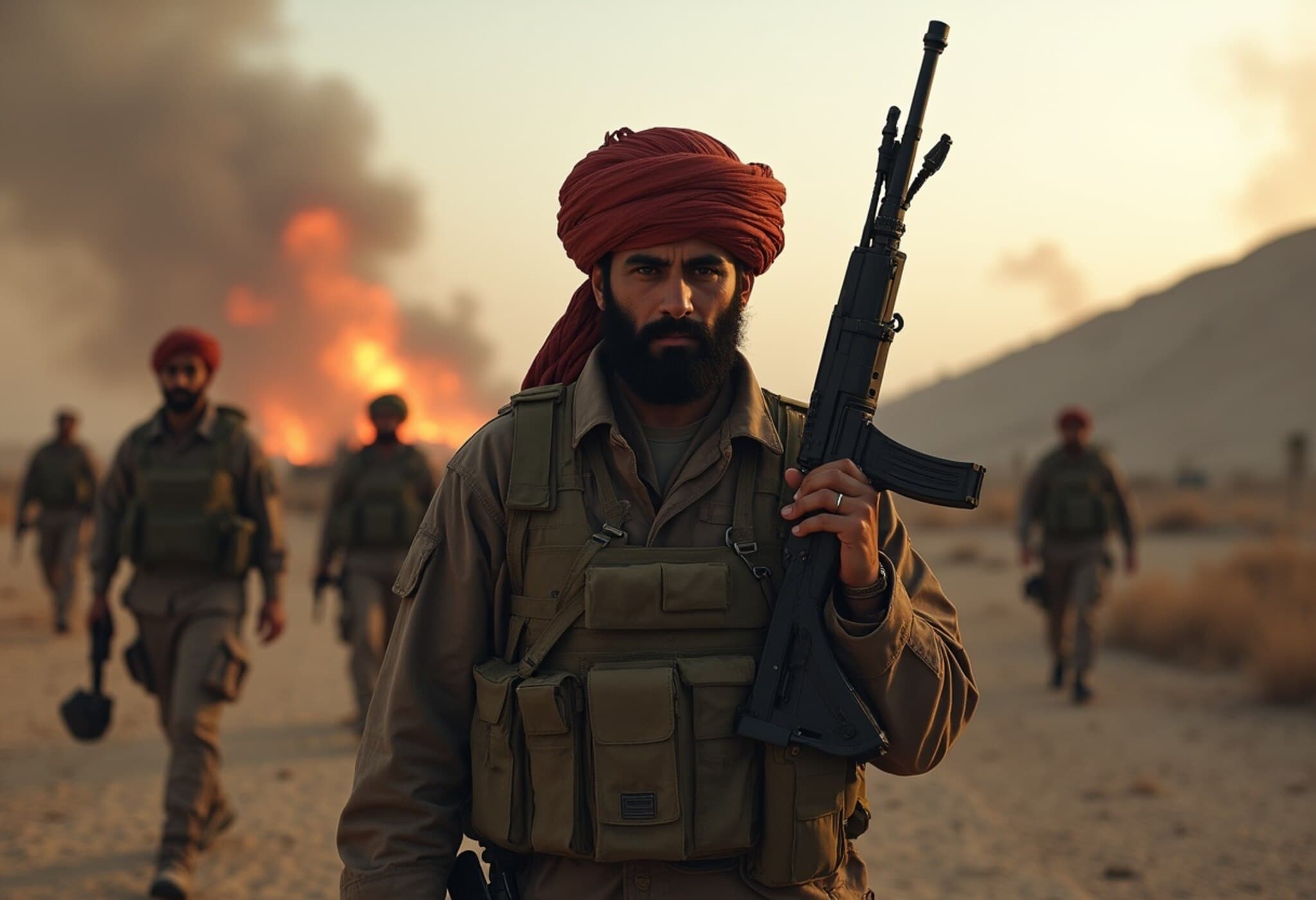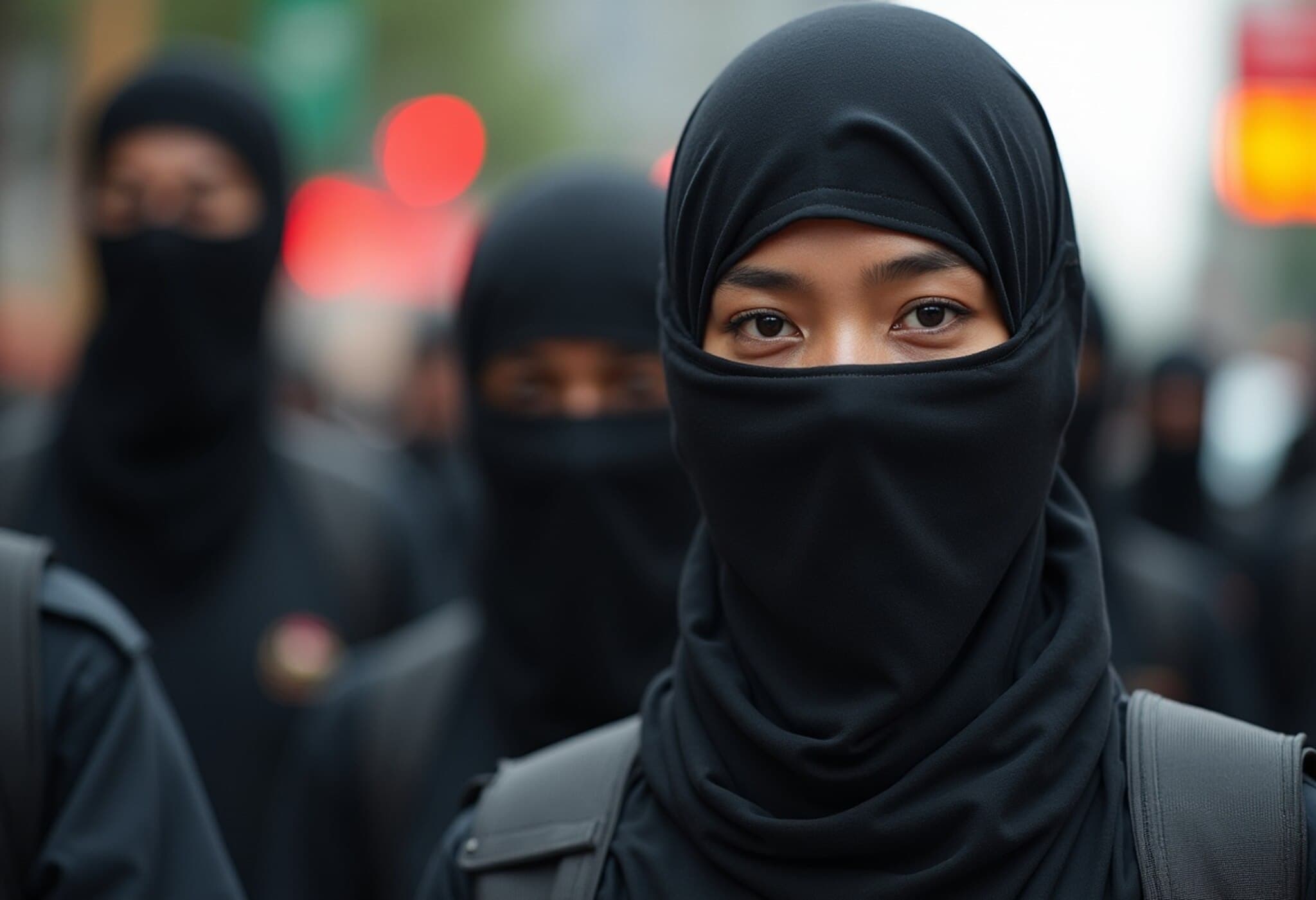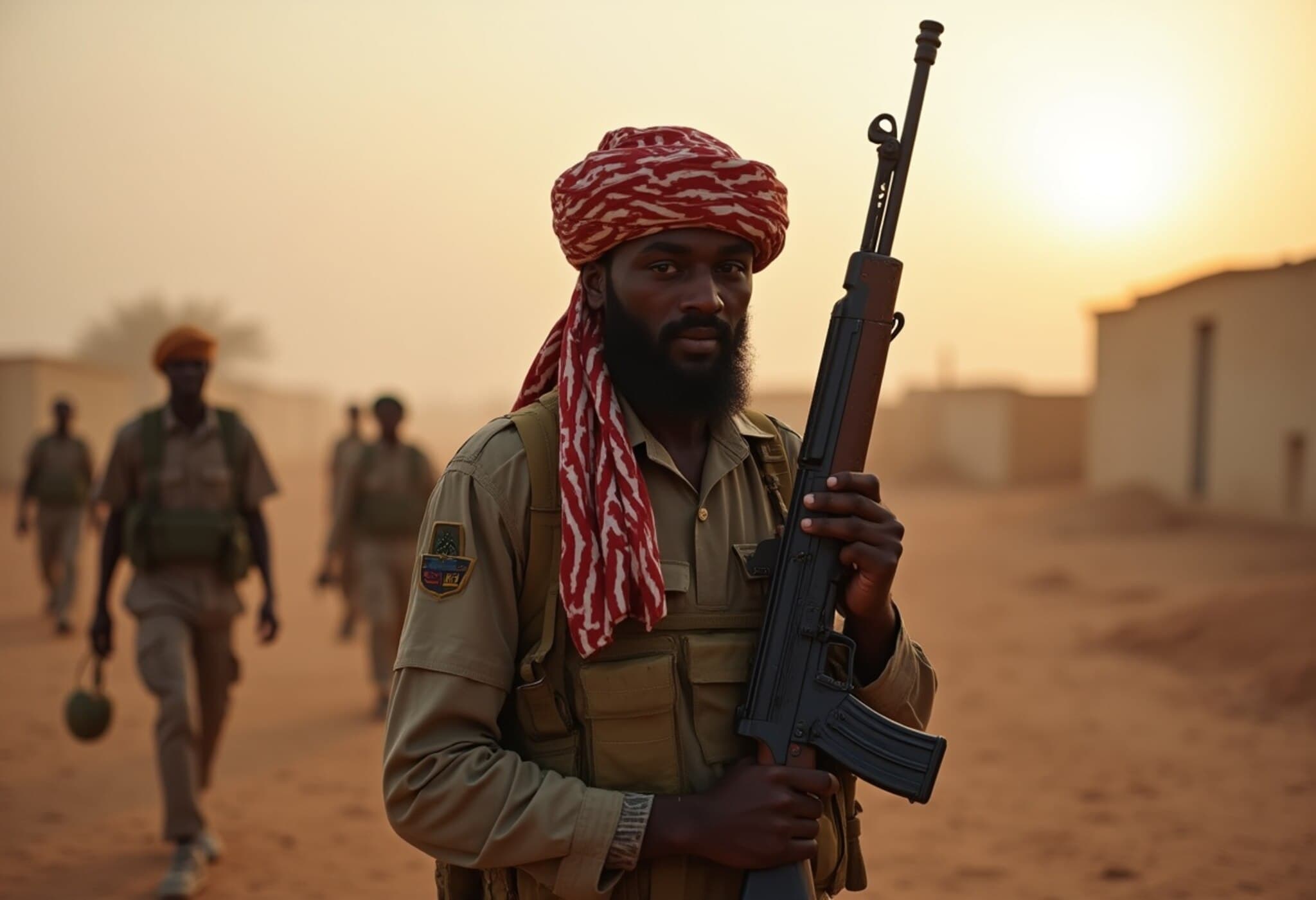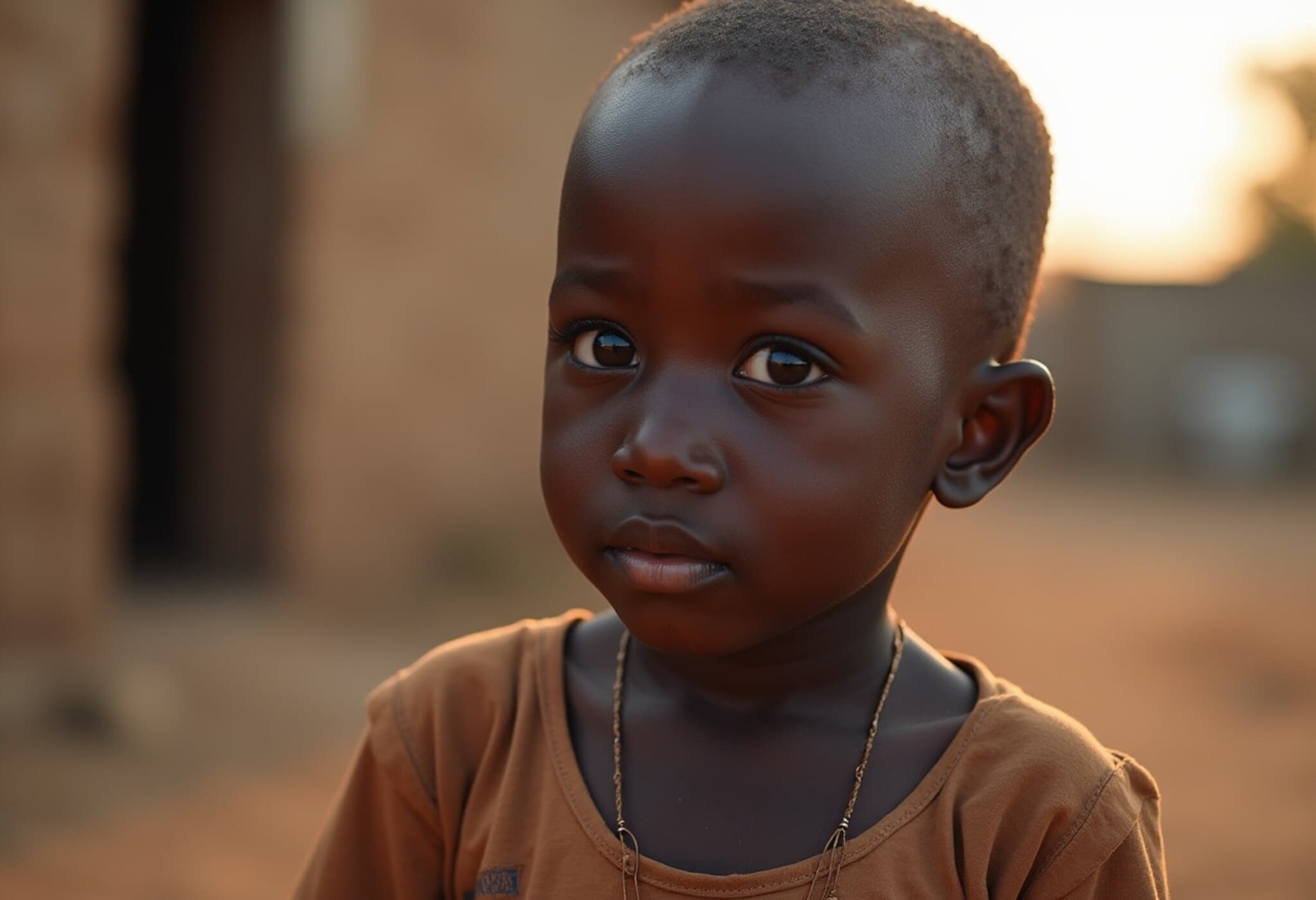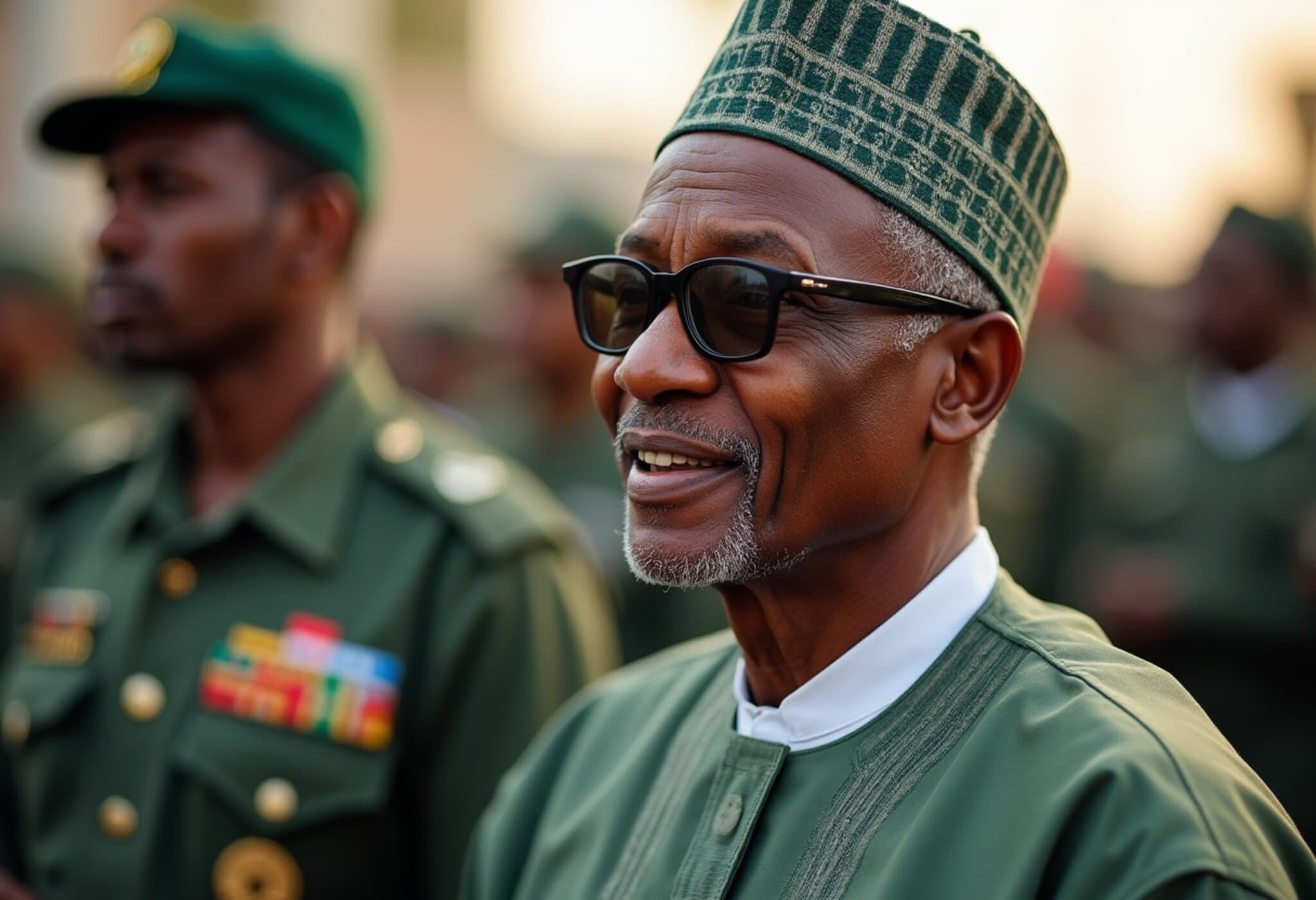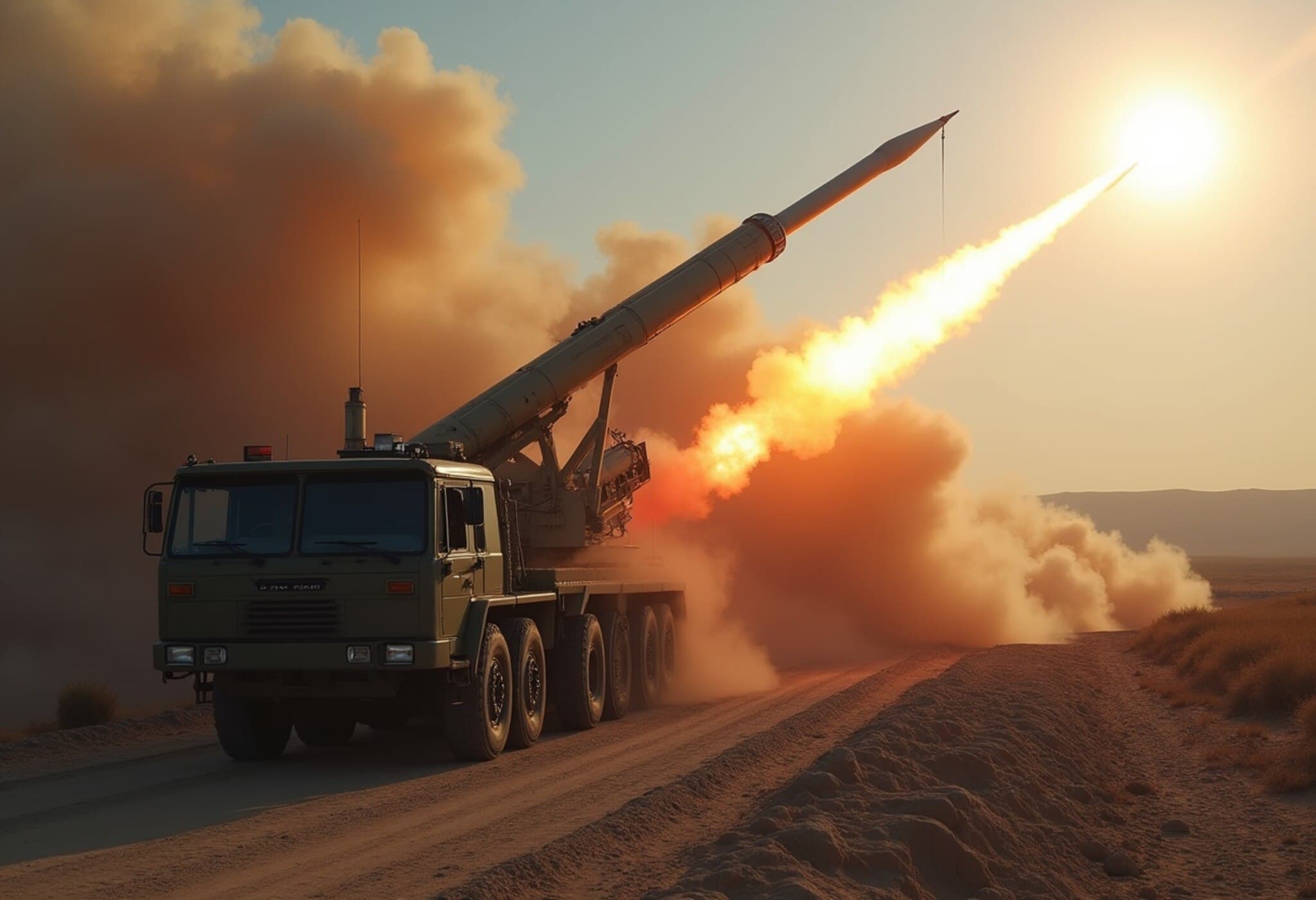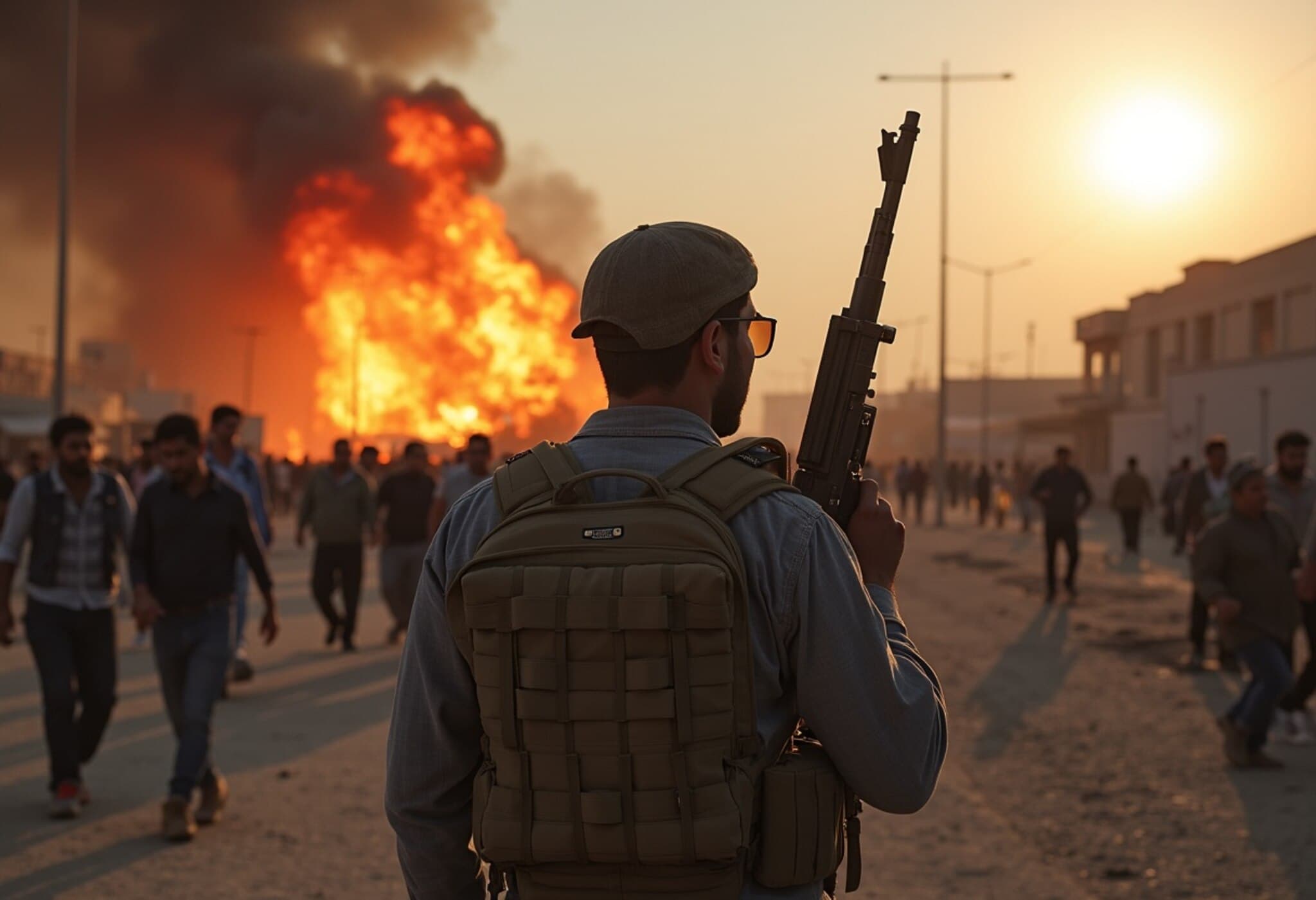Nigeria Hands Lengthy Prison Terms to 44 Boko Haram Militants for Terrorism Financing
On July 13, 2025, Nigeria delivered a significant judicial blow to Boko Haram militants, sentencing 44 individuals to prison terms ranging from 10 to 30 years for financing terrorist activities. This marks a pivotal moment in Nigeria's ongoing battle against the jihadist insurgency that has plagued the country since 2009.
Renewed Trials After a Seven-Year Hiatus
The convictions come seven years after Nigeria paused the prosecution of over 1,000 suspects linked to Boko Haram. The trials resumed earlier this week at specially constituted civilian courts operating within a military base in Kainji, located in Niger State’s central region.
Abu Michael, spokesperson for Nigeria’s counterterrorism center, confirmed the sentences and noted that these latest convictions push Nigeria’s total terrorism financing-related convictions to an impressive 785 cases.
Context: Boko Haram's Deadly Insurgency and Regional Impact
Boko Haram, the notorious jihadist group, has waged a violent campaign to establish an Islamic caliphate in northeastern Nigeria. The conflict has resulted in the deaths of over 40,000 people and displaced nearly two million. The insurgency’s effects have also rippled beyond Nigeria’s borders, impacting neighboring Cameroon, Chad, and Niger.
Legal Proceedings and Human Rights Concerns
The recent sentences reflect Nigeria’s commitment to prosecuting terrorism financing, a critical component often overlooked in counterterrorism efforts which traditionally focus on combat operations against fighters.
However, human rights organizations continue to raise alarms about the broader judicial process. They warn that thousands of individuals arrested during military operations have faced prolonged detention without due process, sometimes without access to legal representation.
Earlier phases of the trials, such as the 2017 mass trials of over 200 Boko Haram fighters, saw harsh penalties including the death sentence and life imprisonment for crimes ranging from attacks on civilians to abductions.
Nigeria's International Challenges in Combatting Terror Financing
Despite these legal advances, Nigeria remains on the Financial Action Task Force (FATF) grey list, alongside countries like South Sudan and South Africa. This status reflects ongoing challenges in effectively preventing money laundering and terrorism financing—a hurdle that complicates international cooperation and investment.
Looking Ahead: The Road to Stabilizing Nigeria
As Nigeria continues its fight against Boko Haram, addressing systemic challenges such as judicial fairness, financial oversight, and regional security will be crucial. The recent convictions for financing terror activities underscore the need to disrupt financial networks that sustain insurgencies, alongside military efforts on the ground.
Expert Insight
According to a regional security analyst, "Targeting financial facilitators strikes at the lifeblood of terrorist groups. While removing fighters from the battlefield is essential, choking off funding sources undermines their long-term operational capabilities. Nigeria’s renewed prosecutions send a strong message, but ensuring transparency and human rights in these processes is equally vital to maintain credibility and public trust."
Editor’s Note
The latest convictions of Boko Haram financiers highlight progress in Nigeria’s counterterrorism landscape, revealing the intricate battle beyond combat—the war on finances that fuel violence. Yet, this victory invites reflection on judicial integrity and regional financial systems vulnerable to abuse. How Nigeria balances these priorities could shape not only domestic peace but also regional stability in West Africa.

